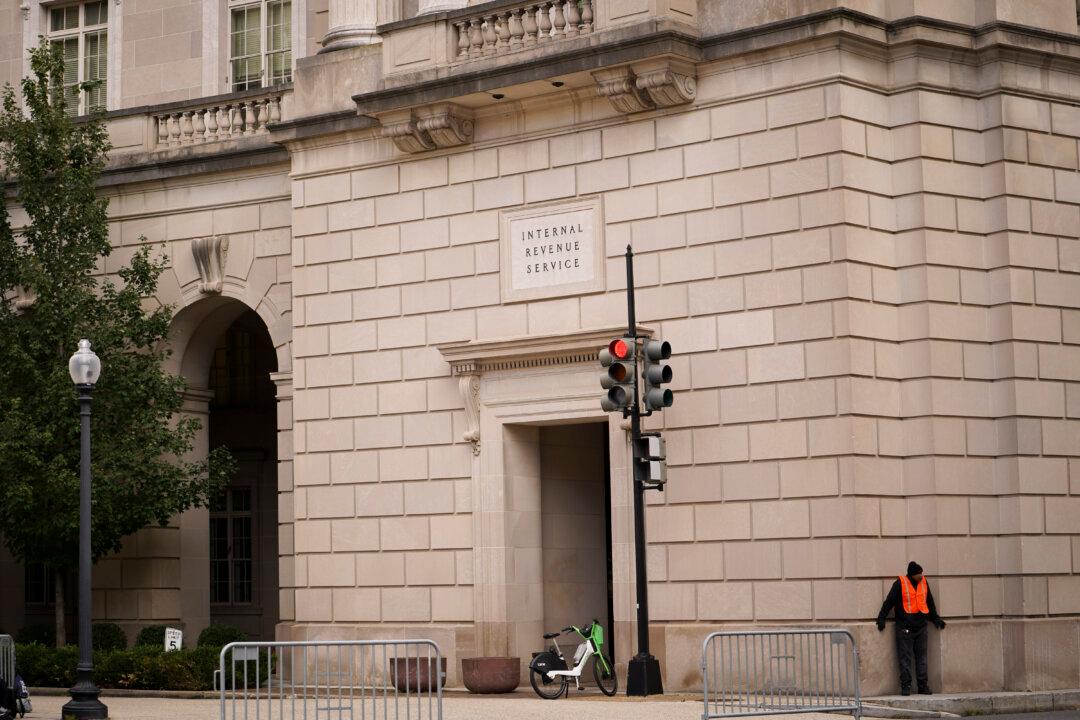The GOP-led “weaponization” subcommittee in Congress said in a new report that the IRS decided to end its policy of “abusive” surprise visits to taxpayers’ homes due to pressure from the panel.
“The Committee’s and Select Subcommittee’s oversight revealed, and led to the swift end of, the IRS’s weaponization of unannounced field visits to harass, intimidate, and target taxpayers,” states the report, which was released by the Select Subcommittee on the Weaponization of the Federal Government on Oct. 27.
“Taxpayers can now rest assured the IRS will not come knocking without providing prior notice—something that should have been the IRS’s practice all along,” it adds.The IRS did not immediately respond to a query from The Epoch Times as to the degree to which pressure from the “weaponization” subcommittee weighed on the agency’s decision to do away with the unannounced field visit policy.





